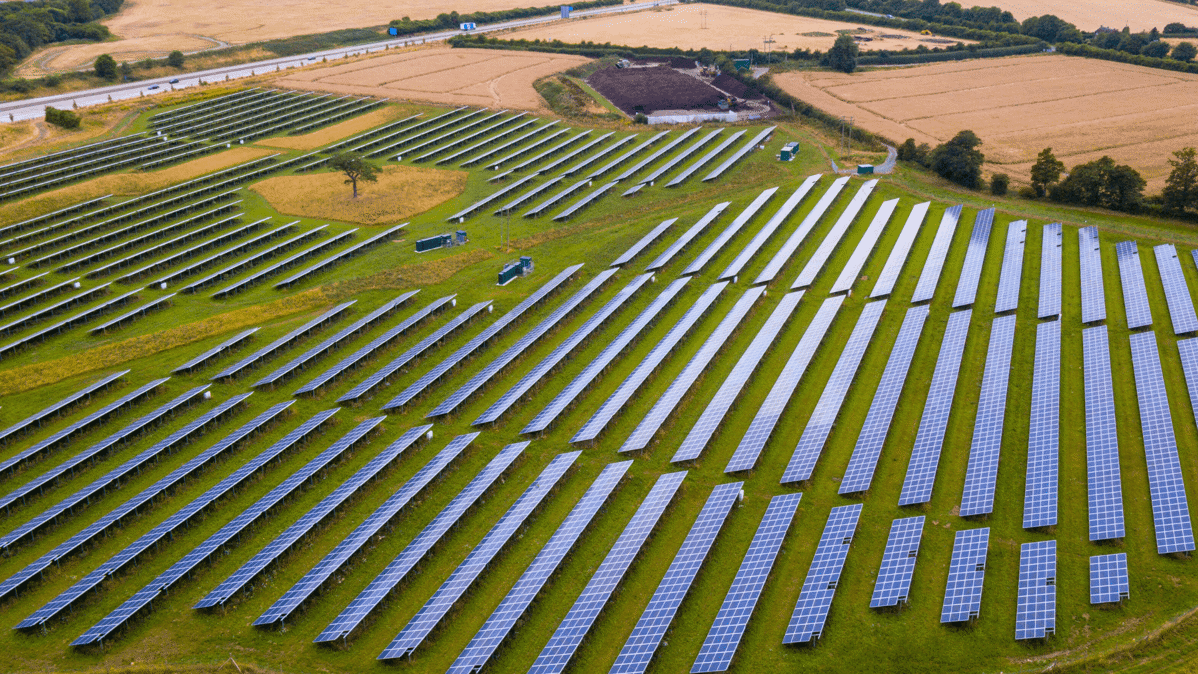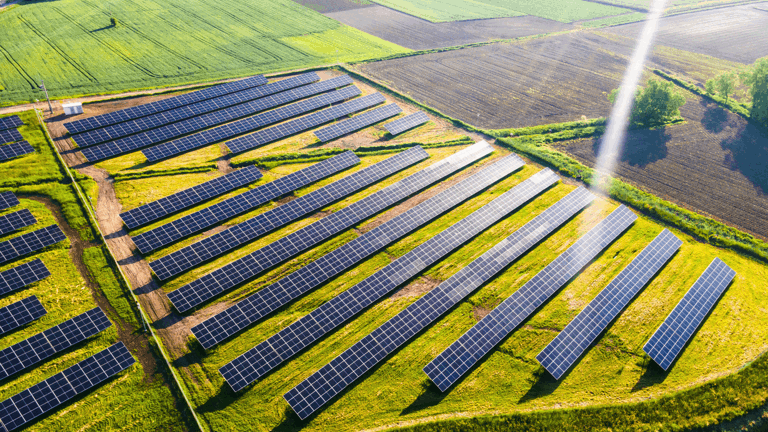When it comes to solar and farming, there has been a boom in the number of applications and appeals seeking planning permission for large-scale solar developments on farmland, and this trend is expected to continue.
These proposals incur significant expense due to the requirement to provide professional evidence and documentation such as planning statements, ecology reports, soil reports, landscape/visual appraisals, and section 106 legal agreements.
This will necessitate the instruction of a suite of experts, including planning consultants, ecologists, soil scientists, and lawyers.
Often, these schemes are promoted by renewable energy developers on behalf of farmers/landowners, not least because of the cost, complexity and uncertainty.

Solar on farmland: Contractual considerations
It will be important for the landowner and developer to ensure that the contractual agreement between them clearly sets out the terms so that each party knows who is doing what. For example, there needs to be clarity as to whether the developer is obliged to appeal in the event that an application is refused by a local authority.
When it comes to planning, whilst a number of local and national planning policies heavily favour renewable energy schemes given the need for the UK to increase its reliance on clean energy, there is also recognition that it is not a free for all and that other factors must also be considered.
These factors include:
Visual impact
It will need to be shown that the proposal does not have an unacceptable impact on the character and appearance of the local area. If the site is within the Green Belt or a National Landscape (formerly known as Areas of Outstanding Natural Beauty/AONB), and/or is visually prominent from dwellings or public rights of way, it will decrease the chances that the local authority or an appeals Inspector will consider that the scheme is acceptable;
The use of good quality agricultural land for solar farms
Agricultural land is split into different categories based on the quality of the land. The best quality land, which is high-yielding arable, is classified as Grade 1, whilst the lowest quality is Grade 5.
Grade 3 is split into Grades 3a and 3b. Land which is within Grades 1 to 3a is known as Best and Most Versatile Agricultural Land (“BMVAL”).
National planning policies say that the use of BMVAL for solar schemes must be justified because the land cannot be used for its most productive purposes for the duration of the solar scheme (normally around 40 years), notwithstanding that it can still be grazed by sheep.
Justification could include that there is a high proportion of BMVAL close by such that the site comprises a small proportion of the local BMVAL.
Ecology
There might be ecology or wildlife on the site which would be disturbed if the scheme is built. Often, it will need to be shown that adequate compensation and/or mitigation can be provided.

For example, if a protected ground-nesting bird species were present on the site, it would need to be demonstrated that nearby land could accommodate the birds which were displaced from the solar site.
The difficulty is that there are conflicting and competing planning policies, which pull in different directions, and it is for the decision maker (i.e. the local planning authority, or an Inspector or the Secretary of State on an appeal) to exercise their planning judgment and decide whether to grant consent.
That means that it is very difficult in practice to predict whether consent will be granted, and getting to the point of a decision will be very time consuming and expensive, particularly if an appeal is required.
Because of the size of the proposed schemes and the local opposition they usually attract, appeals are often determined by way of a public inquiry, which is a formal court-like process, requiring solicitors and barristers.
Whilst the majority of solar appeals are allowed, there is significant risk, and it is important to consider and assess the planning issues before embarking on an application.
Contact us about a solar scheme
Our planning team has significant experience in advising landowners and developers in respect of agreements concerning proposals for solar schemes, and also of dealing with applications and appeals relating to solar schemes.
To speak to our team, please complete the enquiry form below.
Key Contact

Mark Turner
Planning, Environmental, Energy and Regulatory Partner
Mark advises clients on a wide range of planning matters including applications and appeals, Certificates of Lawfulness, High Court challenges and Judicial Reviews, and enforcement.




